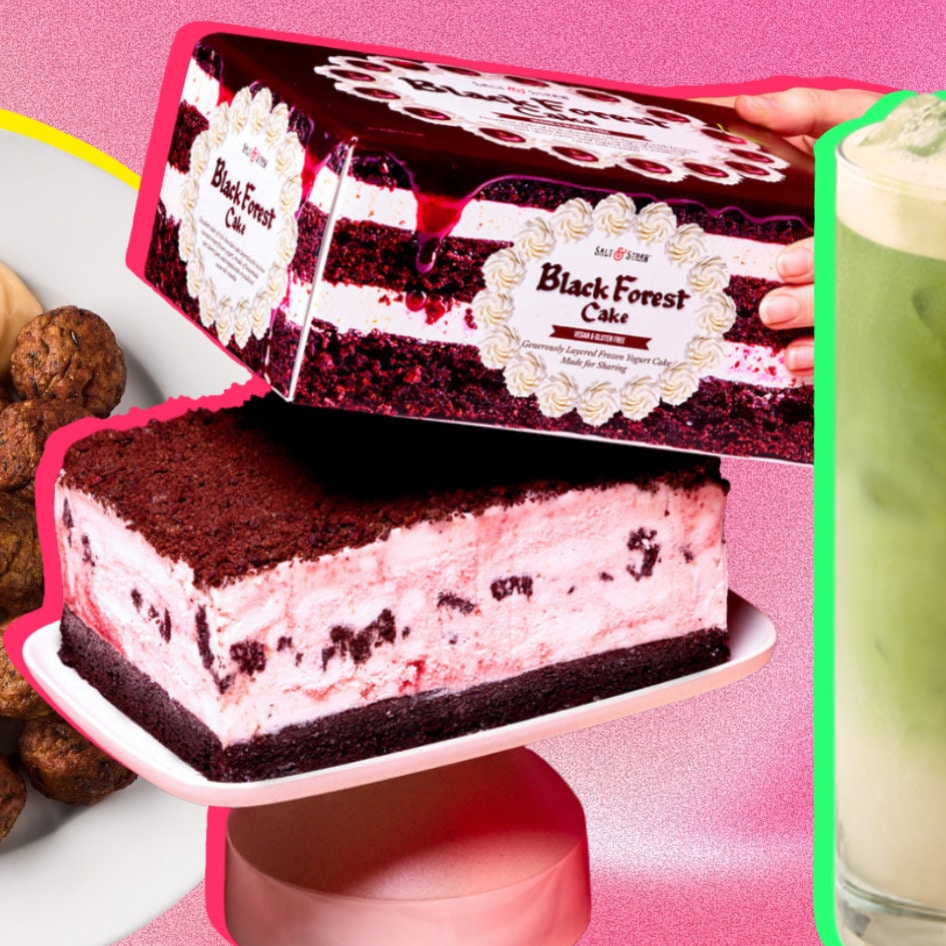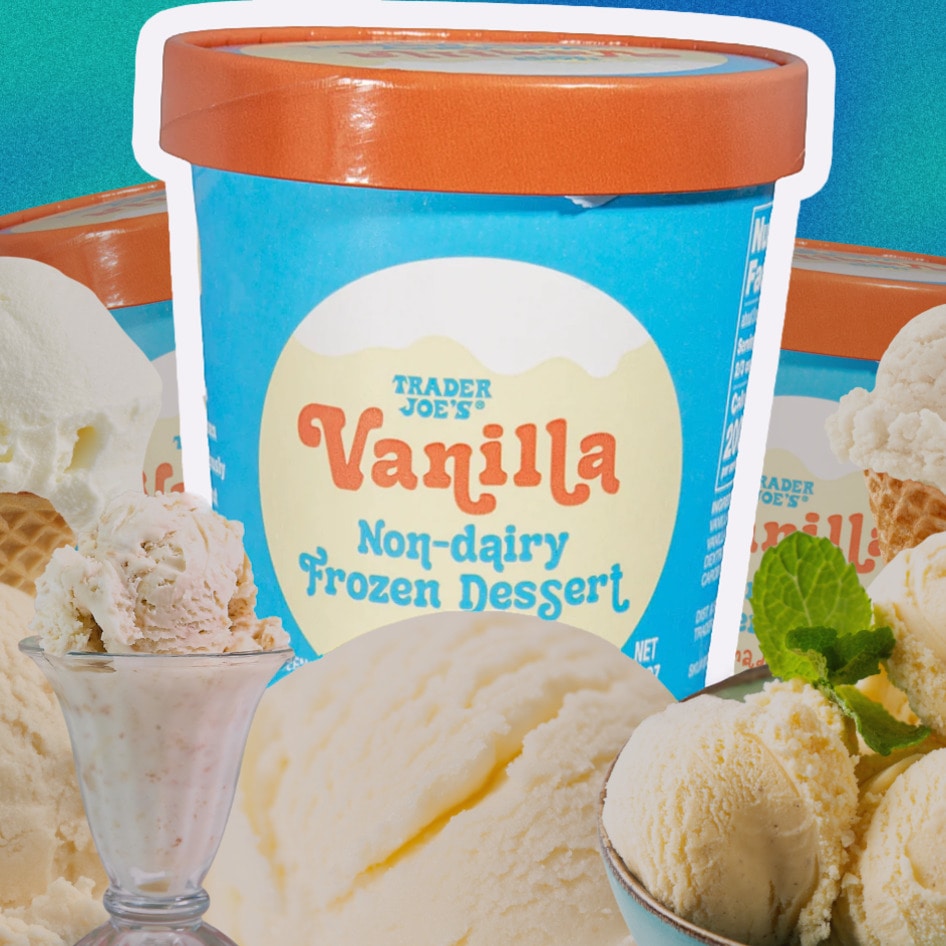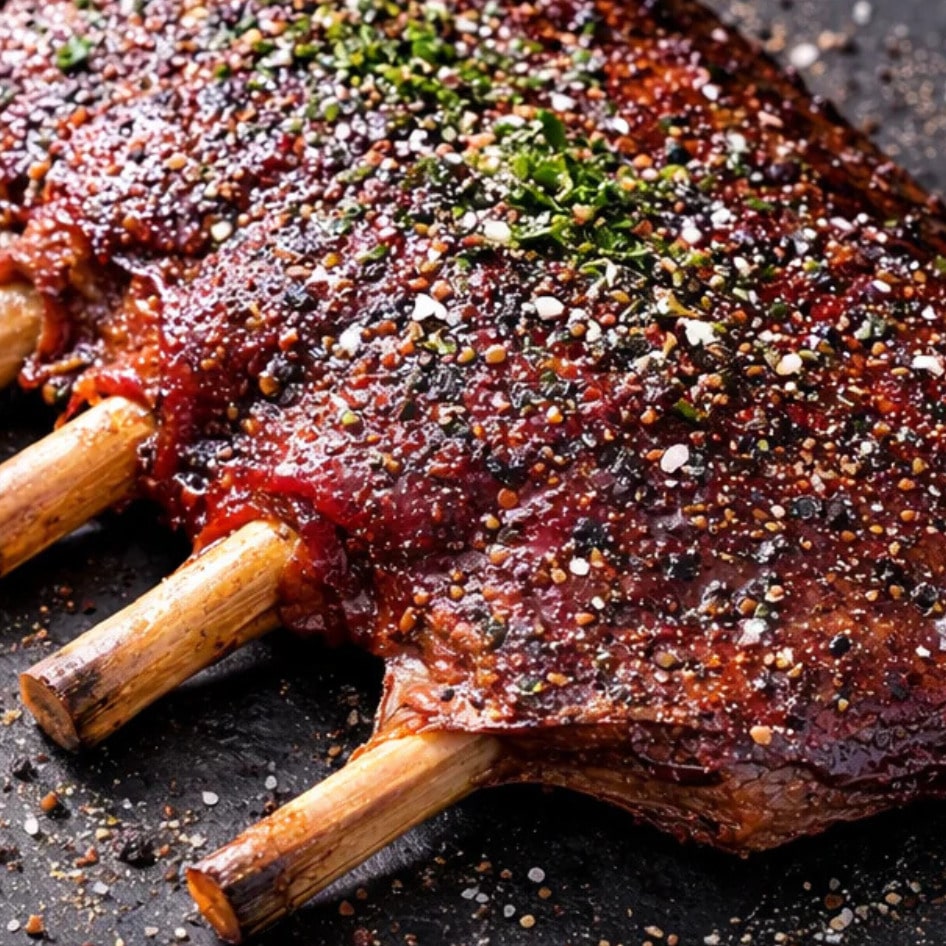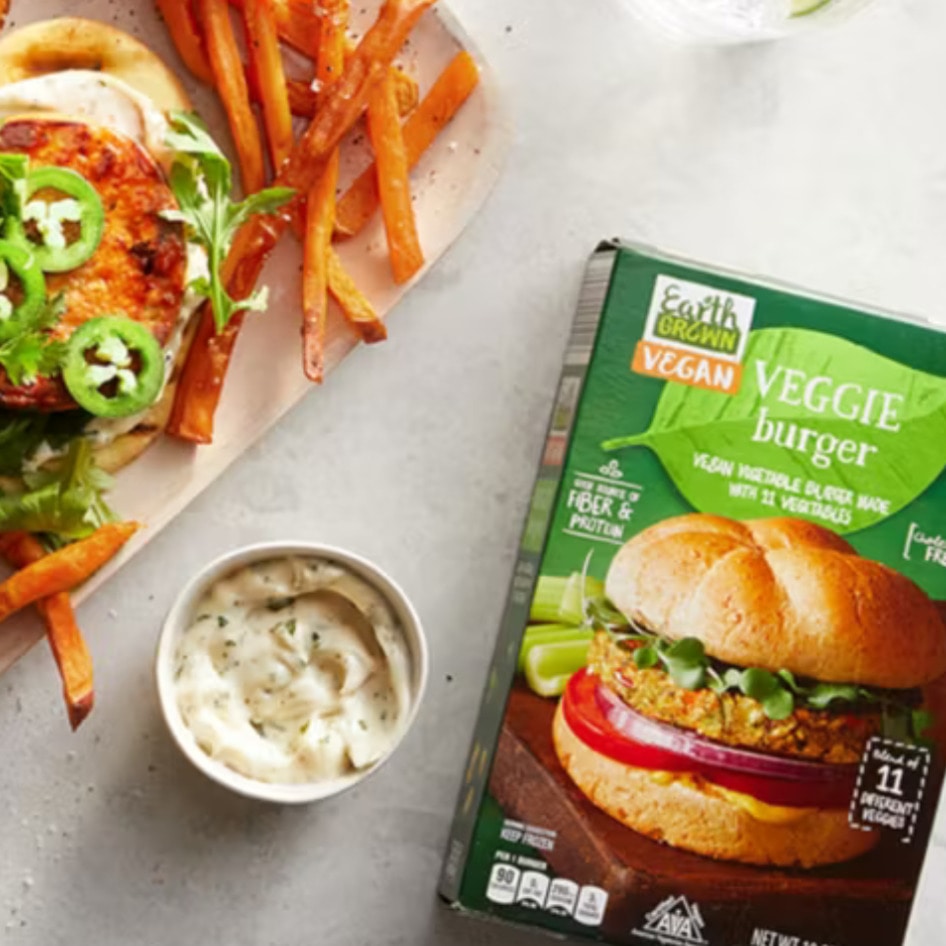Today, furniture chain IKEA announced it aims to make 50 percent of its restaurant meals plant-based by 2025 as part of a new set of sustainability commitments. IKEA also plans to transition 80 percent of its packaged meals to be plant-based to give its 680,000,000 customers more sustainable options. To inform its transition, the multinational chain is responding to scientific reports and consumer research studies, including a recent GlobeScan study that found 75 percent of consumers across 27 countries want to make more sustainable choices but do not know how.
“IKEA wants to make healthy and sustainable choices the most desirable option, by for example demonstrating that plant-based food can be really delicious,” Lena Pripp-Kovac, Chief Sustainability Officer at Inter IKEA Group, said. “Research confirms the importance of making sustainable products affordable and desirable, and IKEA can really make a positive difference here. The more sustainable choice shouldn’t be a luxury for the few. It should be part of people’s everyday life.”
In recent years, IKEA has made strides in providing plant-based options to its customers. In 2015, the Sweden-based chain launched the first vegan version of its Swedish meatballs. This year, IKEA launched an improved, meatier vegan meatball—which carries only four percent of the carbon footprint of its animal-derived counterpart—at its bistro locations and as a packaged food item (HUVUDROLL) across Europe, Australia, the United States, and other countries. IKEA also serves vegan hot dogs, dairy-free soft serve, and other plant-based options.
IKEA is making the transition to do its part in reducing global greenhouse gas emissions, a large portion of which it says are produced by the animal agriculture industry. “A truly sustainable food system must be based on delicious, nutritious, and responsibly produced food,” Peter van der Poel, Managing Director for IKEA of Sweden and Manager IKEA Range & Supply, said. “IKEA is taking a full value chain approach to contributing to sustainable food systems, from responsible sourcing of materials, reducing food waste along the value chain, circular and more sustainable packaging, and using the IKEA reach to make healthy and sustainable food options available to as many people as possible.”
JUMP TO ... Latest News | Recipes | Guides | Health | Subscribe







